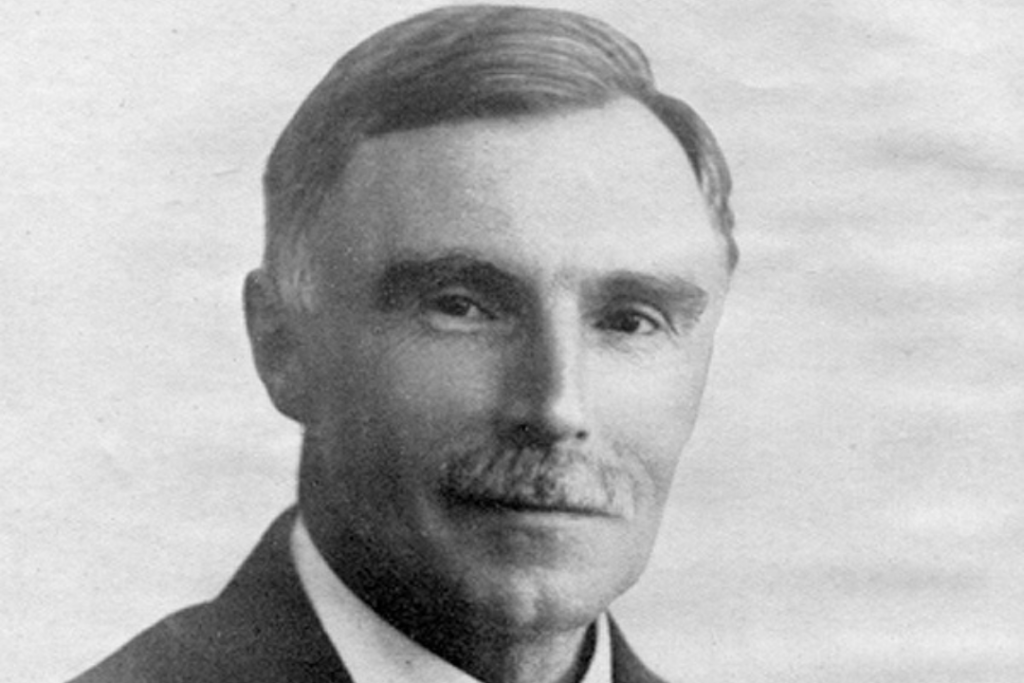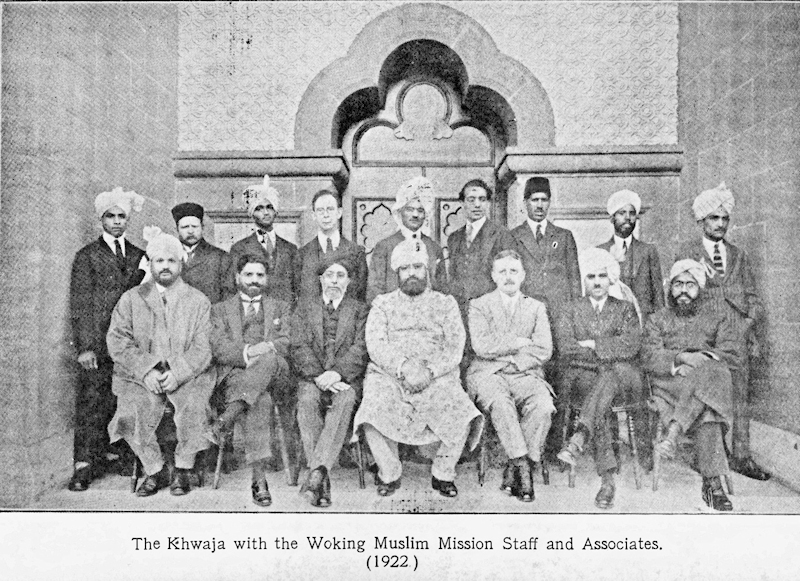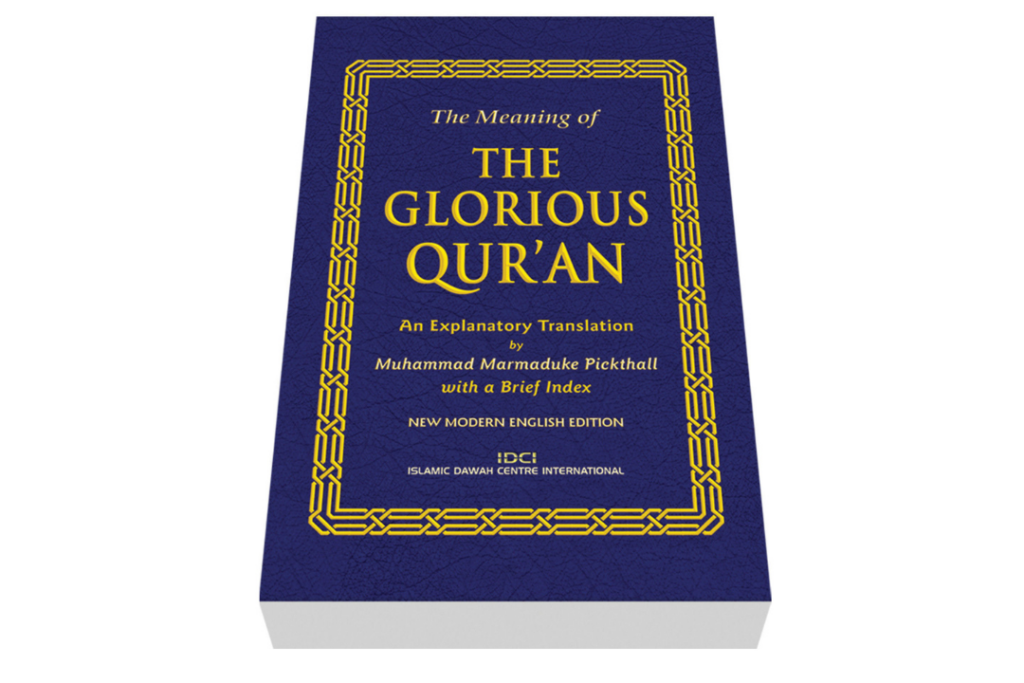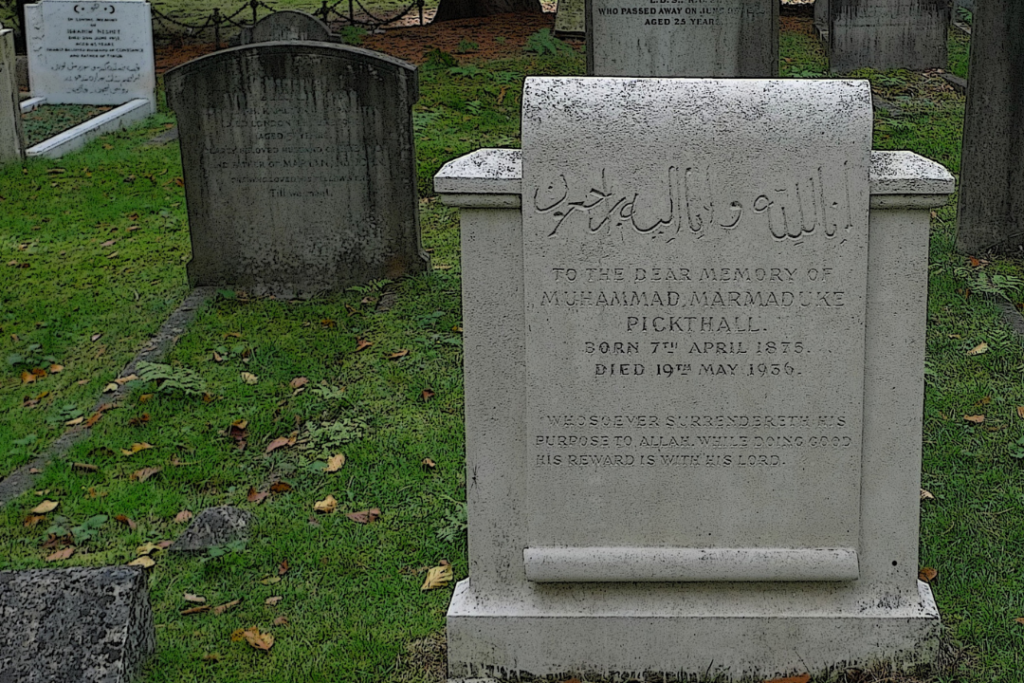Marmaduke William Pickthall was born on April 7, 1875, in Cambridge, England. He was raised in a privileged Anglican family, the son of Reverend Charles Grayson Pickthall. This early exposure to rigorous academic and theological training laid the foundation for his later scholarly approach to Islam and his profound respect for religious studies.

Photo: History/Universal Images Group
Discovering Islam
Pickthall’s first significant encounter with Islam occurred during his extensive travels in the Middle East and Asia in the late 19th and early 20th centuries. Initially driven by a quest for adventure and a desire to understand different cultures, his journey soon evolved into a profound spiritual exploration. A pivotal moment came during his travels in Palestine in the 1890s, where he was deeply moved by the beauty and depth of Islamic teachings and the devotion of the Muslim communities he encountered.
Immersing himself in the cultures and traditions of the Middle East allowed Pickthall to experience Islam firsthand. He was particularly struck by the call to prayer, the discipline of daily prayers, and the pervasive sense of peace and spirituality in Muslim life. His growing curiosity led him to study the Quran and Islamic theology, fostering a deep respect and admiration for the faith.
Conversion to Islam
Pickthall’s conversion to Islam was a gradual and deeply personal journey. By the time he publicly declared his faith in 1917, he had spent years studying Islamic teachings and integrating them into his life. His conversion was not just an intellectual assent but a heartfelt acceptance of Islam’s spiritual and ethical teachings. This significant life change marked the beginning of his lifelong commitment to promoting and understanding Islam.
Pickthall formalised his conversion in London, at Woking Muslim Mission, taking the Shahada (the Islamic declaration of faith). This momentous event marked him as one of the most prominent Western converts to Islam of his time. His new name, Muhammad Marmaduke Pickthall, symbolised his deep integration into the Muslim community.

Photo: The Islamic Review, December 1922
Scholarly Contributions
One of Pickthall’s most enduring contributions to Islam is his English translation of the Quran. Published in 1930, “The Meaning of the Glorious Qur’an” remains a highly regarded translation, praised for its linguistic precision and poetic beauty. Pickthall approached this monumental task with immense dedication, aiming to capture the essence and spirituality of the Quran’s original Arabic text. His translation has since become a key resource for English-speaking Muslims and scholars worldwide.

Beyond his translation of the Quran, Pickthall was a prolific writer and speaker on Islamic topics. His works, such as “The Cultural Side of Islam” and “Islam and the Modern World,” sought to bridge the cultural and intellectual divide between East and West. Through his writings, Pickthall endeavoured to present Islam in a manner that was accessible and comprehensible to Western audiences, while also dispelling misconceptions and prejudices.
Bridging Cultures and Promoting Understanding
In an era marked by colonialism and cultural misunderstandings, Pickthall’s efforts to foster mutual respect and understanding between different cultures were pioneering. He used his literary talents to write novels and articles that portrayed Islamic culture with nuance and empathy. His works served as a bridge, helping Western readers gain insights into the rich tapestry of Islamic civilisation.
Pickthall’s role as a cultural ambassador extended beyond his literary endeavours. He was actively involved in the Muslim community in England, serving as the editor of the journal “Islamic Review” and working with organisations such as the Islamic Society of Great Britain. His leadership and advocacy were instrumental in promoting a more nuanced and respectful understanding of Islam in the West.
Legacy of Enlightenment

Photo: Farrukh on Flickr
Pickthall’s legacy continues to inspire generations of Muslims and non-Muslims alike. His devotion to Islam and his scholarly pursuits left an indelible mark on the Muslim community and beyond. His translations of the Quran and his literary works serve as timeless beacons of enlightenment, guiding seekers of knowledge and understanding.
Pickthall’s life and work remind us of the power of intellectual curiosity, cultural harmony, and the transformative potential of literature. His journey from a privileged Anglican upbringing to a devout Muslim scholar exemplifies the profound impact of genuine spiritual exploration and intercultural engagement.
Through his enduring legacy, Muhammad Marmaduke Pickthall remains a symbol of the potential for individuals to bridge cultural divides and promote mutual understanding and respect. His contributions to Islamic scholarship and his efforts to foster dialogue between East and West continue to resonate, offering valuable lessons for today’s interconnected world.
This post is part of our Muslim Heritage series, you can read about the remarkable legacies of inspiring Muslim figures and institutions who have etched their impact on history here.

